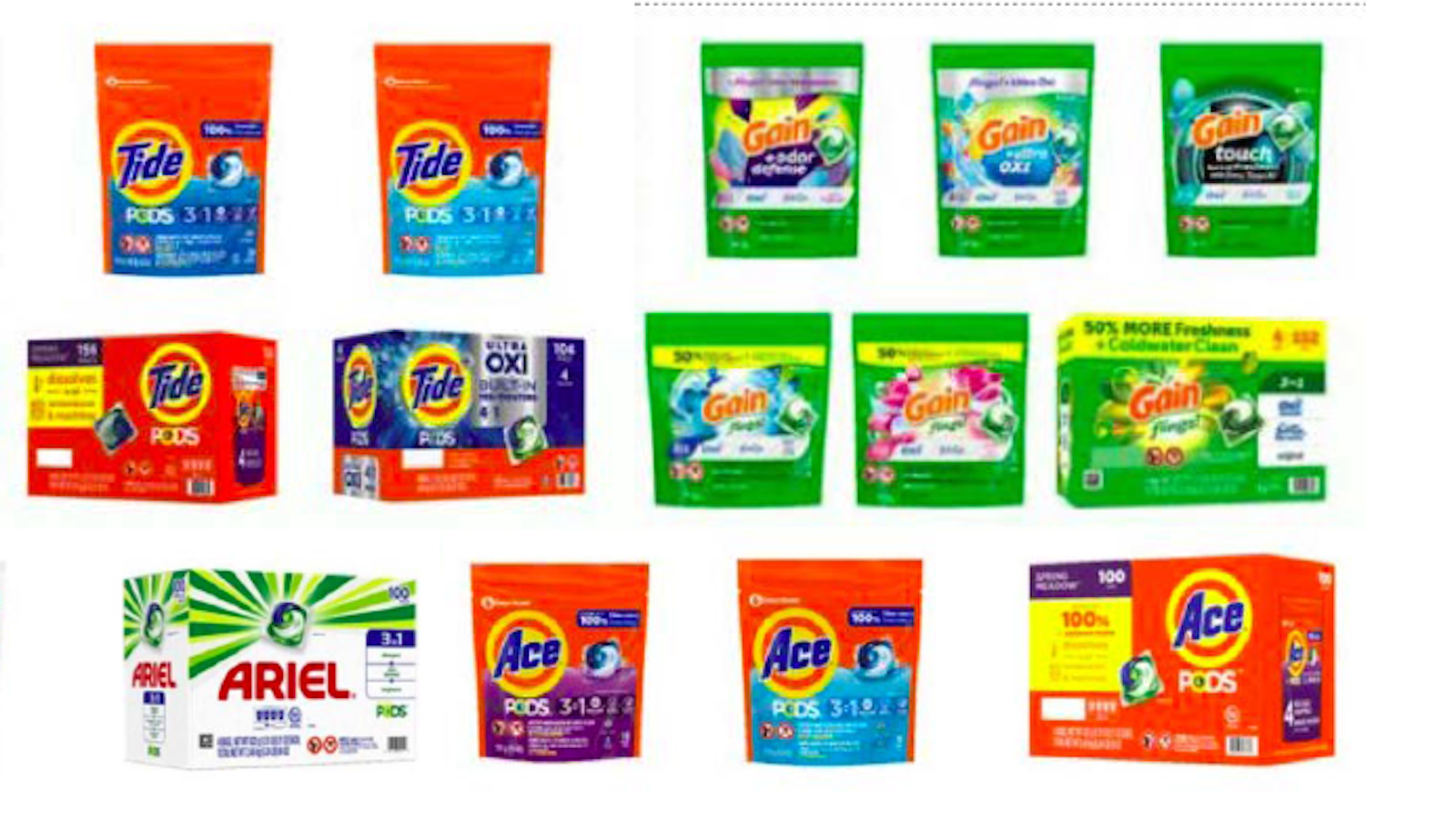
More credit card banks quit evil ways
In July, the CFPB slammed Capital One for tricking consumers into buying over-priced, under-performing credit monitoring and debt-cancellation subscription products. More good news: the Wall Street Journal is reporting that Bank of America has stopped selling debt cancellation products and that Citibank is in some sort of timeout.
As we reported in July, the Consumer Financial Protection Bureau’s very first enforcement action was a $140 million civil penalty and restitution order against Capital One for tricking credit card customers into buying over-priced, under-performing credit monitoring and debt-cancellation (payment protection) subscription products.
More good news: the Wall Street Journal is reporting (if that link is behind a paywall, try this FoxBusiness link) that Bank of America has stopped selling debt cancellation products, that Citibank is in some sort of timeout and that JP Morgan Chase no longer offers the products to new customers.
This is good news for consumers. As I said in June when I blogged on an LA Times story by David Lazarus discussing Citibank’s alleged deceptive marketing of a similar debt cancellation product: “If these products were any good, people would buy them. Instead, banks bill you for them, even if you didn’t order them, didn’t intend to pay for them, and didn’t actually pay for them,” in the sense that you’d taken out your wallet and made a conscious decision to pay by cash, check, debit or credit card. Instead, the bank simply added it to your bill.
In the July stories on the Capital One case, the firm kind-of relucantly said that it sort-of accepted responsibility, but I don’t think it actually showed remorse, since it actually put the blame on a third party vendor for not following orders. I doubt that Capital One was ignorant of its vendor’s practices, which resulted in lucrative kickbacks, excuse me, commissions to the bank. As I often say, paraphrasing musician James McMurtry’s description of his outlaw character Uncle Slayton in his classic song Choctaw Bingo, “the banks like that money, they don’t mind the smell.”
As my previous blog reports, even the bank-friendly OCC was forced to acknowledge deceptive sales of these products as far back as 2000, when it reluctantly fined Providian Bank hundreds of millions of dollars only after the San Francisco District Attorney and California Attorney General showed it the way. In now widely quoted memos (San francisco Chronicle, 2002) from Providian’s founder Andrew Kahr (who has now reinvented himself as a bank columnist), the “problem is to squeeze out enough revenue and get customers to sit still for the squeeze.”
Tricking consumers into buying insurance — even if you call it a non-insurance debt cancellation product to avoid state insurance laws) — continued to grow as a highly successful squeeze because the OCC ignored its continued deceptive marketing by other national banks. Now, however, the CFPB is the new cop on the bank beat.
The banks have not indicated that they will stop selling the also-lucrative credit monitoring add-ons (the second violative product in the Capital One enforcement action by CFPB). As my previous blog warned on both types of products:
“Payment protection (debt cancellation) products generally only “promise” to pay your minimum balance, and then only for a year, if you are laid off, disabled, sick or otherwise unable to pay your card. Consumer advocates receive numerous complaints that banks find loopholes or exceptions allowing them to refuse to make even these modest minimum payments in most cases. Payment protection costs a lot but is of little value.
Credit monitoring services are hyped as a defense against identity theft. The only real defense against identity theft is a security freeze (provided as a state law protection). Don’t fall for credit monitoring pitches. See CFPB’s new fact sheet on mystery credit card fees.“
Topics
Authors
Ed Mierzwinski
Senior Director, Federal Consumer Program, U.S. PIRG Education Fund
Ed oversees U.S. PIRG’s federal consumer program, helping to lead national efforts to improve consumer credit reporting laws, identity theft protections, product safety regulations and more. Ed is co-founder and continuing leader of the coalition, Americans For Financial Reform, which fought for the Dodd-Frank Wall Street Reform and Consumer Protection Act of 2010, including as its centerpiece the Consumer Financial Protection Bureau. He was awarded the Consumer Federation of America's Esther Peterson Consumer Service Award in 2006, Privacy International's Brandeis Award in 2003, and numerous annual "Top Lobbyist" awards from The Hill and other outlets. Ed lives in Virginia, and on weekends he enjoys biking with friends on the many local bicycle trails.
Find Out More

Laundry pods: 8.2 million bags recalled because they can open easily, poison children

New water beads warning: Some contain cancer-causing toxin

Apple AirPods are designed to die: Here’s what you should know
